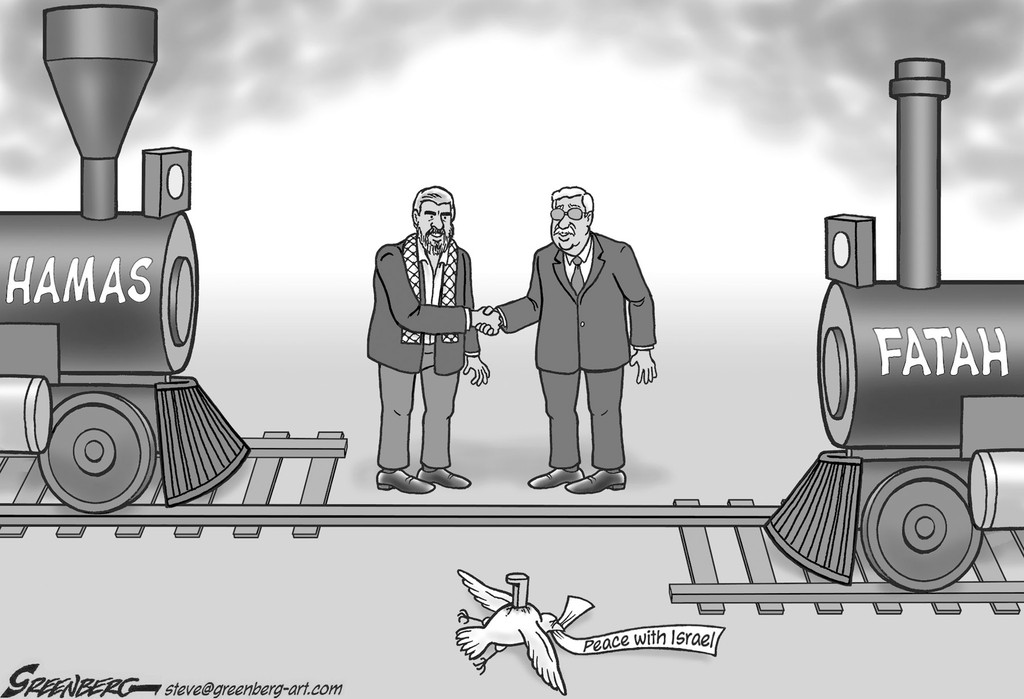‘Peace’ fail: Who’s fault?
"Turns out your friend here is only MOSTLY dead. See, mostly dead is still slightly alive” (Billy Crystal as Miracle Max the Wizard, in The Princess Bride).
Last week, the U.S. sponsored talks between the Israelis and Palestinians, which had been MOSTLY dead for weeks, took its last breath. There is plenty of blame to pass around.
Former Secretary of State Hillary Clinton planted the seeds of failure for this round of talks very early in the administration. It was Ms. Clinton who made the settlements an issue.
During the negotiations to begin negotiations, approximately ten months ago, the Palestinians agreed not to apply for recognition as a state to various U.N. organizations and Israel agreed to release convicted terrorists in four segments. The problem with this was that each list of prisoners was another negotiation, and a tough one, and in the end it was the negotiation of the last group of prisoners that sent the talks down the road to collapse.
As Palestinian President Abbas broke the agreement and went to the UN, claiming that Israel was delaying the forth prisoner release, the truth was (according to Israeli negotiator and “peacenik” Tzipi Livni) that the parties were in the middle of negotiating which terrorists would be released. If Netanyahu was able to offer a settlement freeze instead of a prisoner release, it might not have saved the talks, but it may have made them easier to keep them going.
The straw that broke the camel’s back is when after years of failure the Fatah “moderate” terrorists negotiated a reconciliation deal with the Hamas extremist terrorists. While both Fatah and Hamas call for the destruction of Israel, Hamas is more overt in its threats, making them in all languages, and is considered a terrorist group even by the appeasement-prone European Union. Fatah, on the other hand is considered “moderate” because its calls for the destruction of Israel are only made in Arabic.

 66.0°,
Shallow Fog
66.0°,
Shallow Fog 




